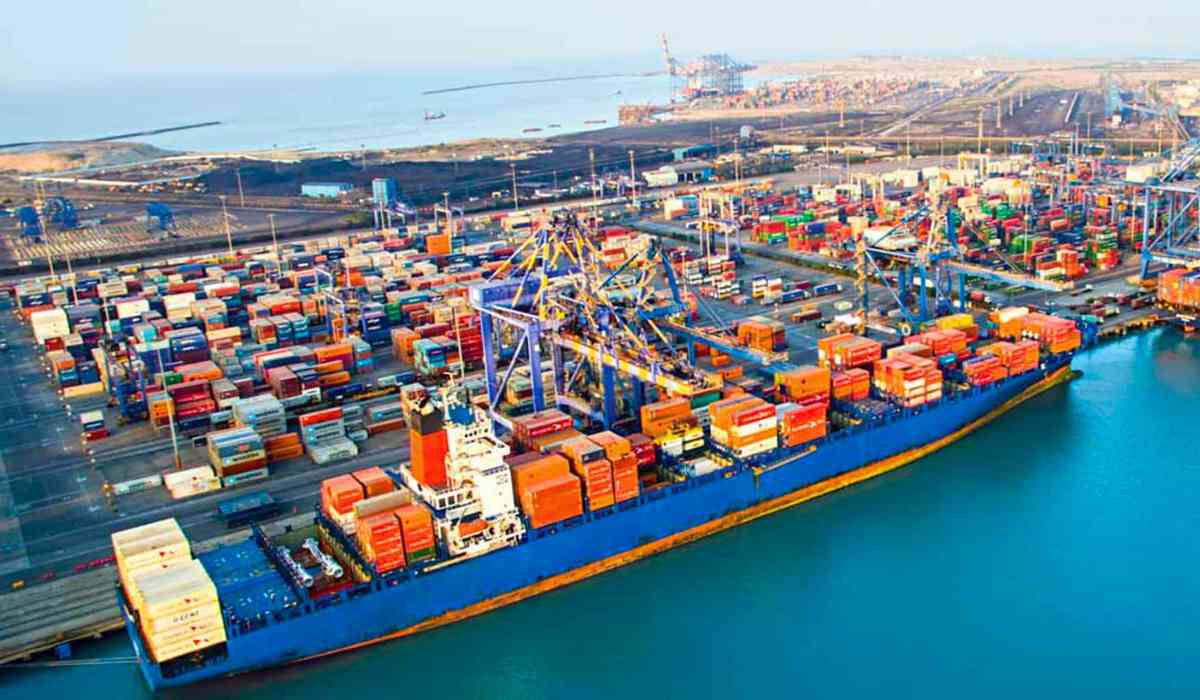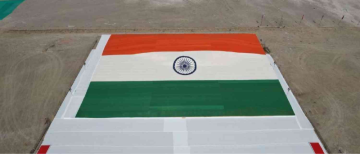India has launched a major crackdown on imports from Gulf countries, aiming to block any Pakistani goods from entering its markets under the guise of Gulf-origin products. This operation, known as "Operation Sindoor," comes in the wake of a deadly terrorist attack in Pahalgam on April 22, 2025, which killed 26 people and sharply escalated tensions between India and Pakistan.
Why Is India Scrutinizing Gulf Imports?

After the Pahalgam attack, India imposed a complete ban on all goods from Pakistan, including those routed through third countries like the United Arab Emirates (UAE) and Iran. This move was made to ensure that no Pakistani products could enter India, even indirectly. Officials discovered that some Pakistani goods, especially dates, were being sent to India via the UAE, exploiting trade agreements between India and Gulf nations.
How Are Pakistani Goods Entering India?
Trade experts say that some Pakistani exporters have been rerouting their goods through Gulf countries. For example, dates grown in Pakistan were shipped to the UAE, relabeled as products of the UAE, and then sent to India. This practice takes advantage of the India-UAE Comprehensive Economic Partnership Agreement, which allows for easier and cheaper trade between the two countries.
What Steps Is India Taking?
India has strengthened its customs checks at ports and borders, especially for shipments coming from transshipment hubs like the UAE and Iran. Customs officers are now closely examining labels and documents to verify the true origin of goods. If a product has undergone "value addition"-meaning it was processed or repackaged in a third country-the checks become even more detailed and complex.
Goods currently in transit are also being examined, as India’s ban did not clarify whether such shipments would be exempt. The government has said that any exceptions to the ban require prior approval from Indian authorities.

Trade Figures and Impact
Before the latest ban, India’s imports from Pakistan were already minimal, totaling just $2.88 million from April 2024 to February 2025, with key items including plants, seeds, dates, figs, and malt extracts. However, trade through third countries was reportedly much higher, with estimates suggesting that goods worth hundreds of millions of dollars may have entered India indirectly.
Bilateral trade between India and Pakistan had already fallen sharply after India imposed a 200% duty on Pakistani goods in 2019, following the Pulwama terrorist attack. Pakistan has also suspended all trade ties with India, including those through third countries.
The Challenge of Value Addition
One of the biggest challenges for Indian authorities is detecting goods that have undergone processing or repackaging in Gulf countries. If a Pakistani product is significantly changed in another country, it can be difficult to prove its true origin. This makes customs inspections more complicated and time-consuming.
A Broader Perspective: Trade, Security, and Regional Tensions

Operation Sindoor is not just about trade; it is also about national security and regional politics. The Indian government has stated that the ban on Pakistani imports is in the interest of national security and public policy. Prime Minister Narendra Modi has emphasized that "terror and trade, terror and talks cannot go together," making it clear that economic measures are part of India’s response to cross-border terrorism.
From a broader perspective, these actions reflect how economic ties can be used as tools in international disputes. By tightening trade controls, India aims to send a strong message to Pakistan and the world that it will not tolerate indirect support for terrorism, even through economic channels.
What Does This Mean for the Future?
The increased scrutiny of imports will likely lead to longer processing times at ports and may affect the flow of goods from Gulf countries, especially those with strong trade ties to both India and Pakistan. Businesses involved in importing products like dates, dry fruits, and chemicals will need to ensure that their supply chains are fully transparent and compliant with Indian regulations.

For ordinary consumers, there may be short-term disruptions in the availability or prices of some imported goods, but the overall impact on the Indian market is expected to be limited, given the small share of Pakistani goods in India’s total imports.
Final Note
Operation Sindoor marks a significant step in India’s efforts to secure its borders-not just physically, but economically. By intensifying scrutiny of Gulf imports, India is attempting to close every possible route for Pakistani goods to enter its market. This operation highlights the complex intersection of trade, security, and diplomacy in today’s interconnected world.
As the situation evolves, it will be important for all parties to find peaceful solutions and for businesses to adapt to the new rules. For now, India’s message is clear: national security comes first, and every package will be checked to ensure that the rules are followed by all.
With inputs from agencies
Image Source: Multiple agencies
© Copyright 2025. All Rights Reserved Powered by Vygr Media.

























